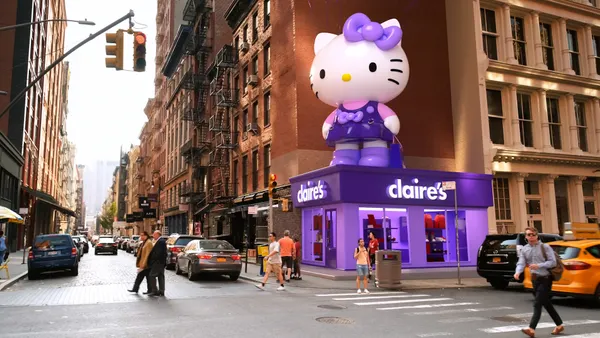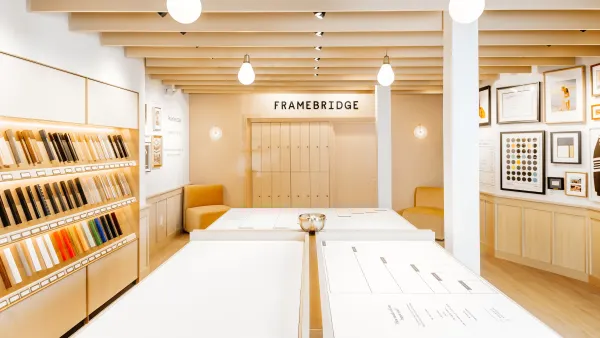Dive Brief:
-
Smart checkout technology systems are expected to process more than $45 billion in transactions for retailers by 2023, according to a new Juniper Research study, titled "Future Stores & the Retailers Building Them."
-
That translates to a 182.2% compound annual growth rate between now (when smart checkout transactions are estimated to total $253 million) and 2023. Juniper said it could take until 2021 before at least 2,000 stores have smart checkout technology.
-
Juniper found European retailer Carrefour to be the most technologically advanced store operator in the world, followed by big-name retailers Walmart, Target and Nordstrom.
Dive Insight:
Whatever you want to call this technology evolution — cashierless, mobile scan-and-go, smart checkout, automated checkout — it has a very bright future ahead. Amazon may be leading the way, at least in the U.S., but other retailers are entering the race.
Juniper estimates it could be another two to three years before things really get going, and that may have a lot to do with the nature of smart/automated/mobile checkout as new technology that absolutely must work with near-perfect reliability for shoppers to fall in love with it. That means slow ramp-ups for some retailers, likely getting one or two marquee stores up-and-running with the technology before a broader expansion begins.
Amazon Go’s recent expansion has started to move quickly. That may not happen with other retailers, many of whom will bring the technology to larger stores with a wider variety of products than what can be found at Amazon Go.
Size matters in this case because it may directly correlate to how much spending will happen at stores with smart checkout technology. If retailers make only limited selections of products available via smart checkout, or follow the convenience store model of companies like Amazon and China’s JD.com, the average transaction value will be low. In fact, Juniper said it could be 2022 before the global average spending in smart checkout-equipped stores surpasses $30 per visit.
Meanwhile, smart checkout isn’t the only new in-store technology in town. Retailers are racing to redefine their brick-and-mortar operations with a variety of mobile and other functions and apps to be used in-store by both shoppers and store associates. By Juniper’s measure, one retailer — French grocer Carrefour — is at a more advanced stage than others in terms of having "several different technologies deployed, which are often integrated with each other and more traditional elements of the store retail experience," according to the study.
Walmart, Target and Nordstrom all have reached an adoption phase, meaning they have several technologies deployed across multiple stores. Amazon is considered to be further behind than those big three, according to the report. This may have something to do with the relatively narrow focus Amazon is taking with just a handful of brick-and-mortar operations with a minimal product selection. Meanwhile, traditional retailers are looking to address many different aspects of store operation with new technology — not just the checkout line.












